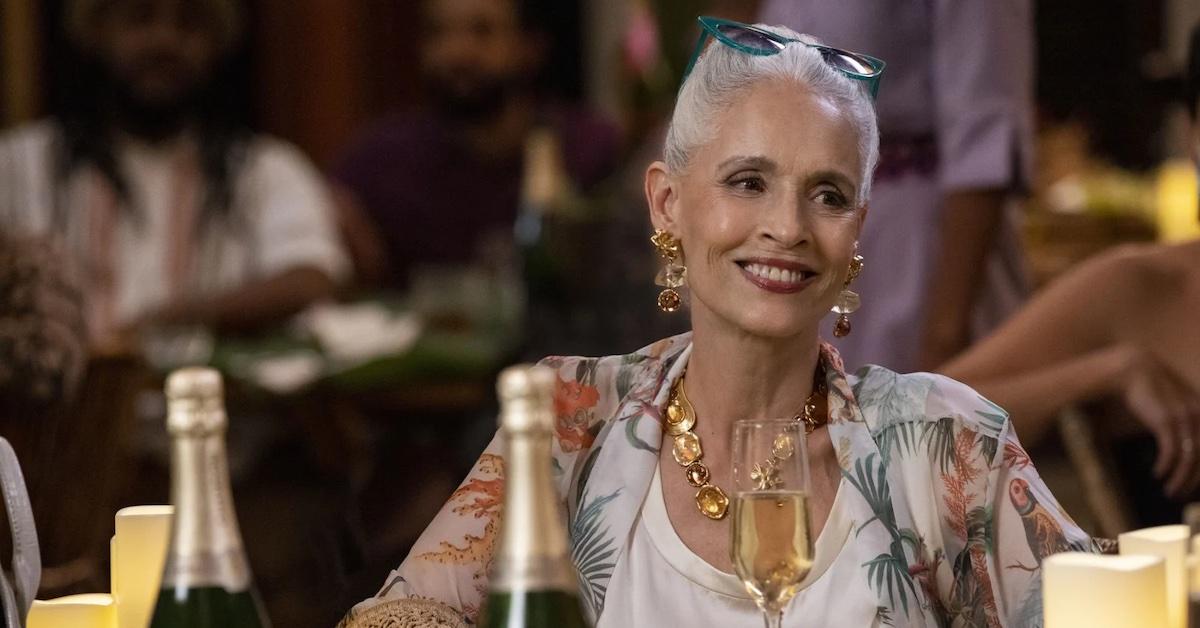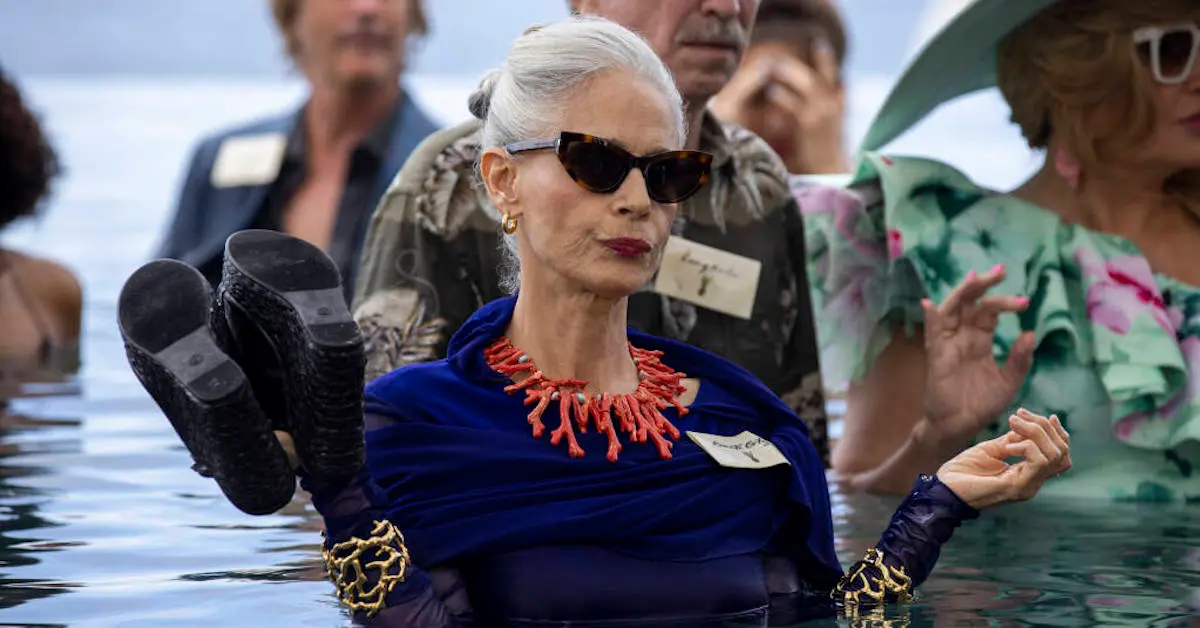Sônia Braga, born on June 8, 1950, in Maringá, Brazil, is an iconic actress whose talent, beauty, and charisma have left an indelible mark on the world of cinema. With a career spanning over five decades, Braga has become a symbol of Brazilian cinema and a revered international actress. Her ability to portray a wide range of characters with depth and authenticity, coupled with her dedication to her craft, has earned her widespread acclaim and a dedicated fanbase. In this comprehensive exploration, we delve into the life, career, and influence of the legendary Sônia Braga.

Early Life and Background
Sônia Braga was born into a family with a deep appreciation for the arts. Her mother, Herta Braga, was a Brazilian actress, and her father, Manuel Braga, was a Brazilian art editor. Growing up in a culturally rich environment, Braga developed a passion for acting from an early age. Encouraged by her parents, she began her acting career in theater and quickly gained recognition for her natural talent and stage presence.
Rise to Stardom in Brazilian Cinema
Braga’s breakthrough in Brazilian cinema came in the 1960s and 1970s when she appeared in a series of successful films. Her role in the critically acclaimed film “Dona Flor and Her Two Husbands” (1976), directed by Bruno Barreto and based on Jorge Amado’s novel, catapulted her to stardom. Braga’s portrayal of the sensual and independent Dona Flor showcased her acting prowess and established her as a leading lady in Brazilian cinema. The film’s success not only endeared her to Brazilian audiences but also garnered international attention.
International Recognition and Hollywood Ventures
Braga’s international recognition soared with her role in the film “Kiss of the Spider Woman” (1985), directed by Héctor Babenco. Her performance as Leni Lamaison, a political prisoner, earned her critical acclaim and marked her entry into Hollywood. The film, adapted from Manuel Puig’s novel, received numerous awards and nominations, including an Academy Award for Best Actor for William Hurt. Braga’s ability to convey vulnerability and strength in her character showcased her exceptional acting skills and garnered her widespread praise.
In the 1980s and 1990s, Braga continued to work in Hollywood, appearing in films such as “The Milagro Beanfield War” (1988) and “Moon over Parador” (1988). Although her Hollywood ventures were met with varying degrees of success, Braga’s talent and beauty were consistently acknowledged by audiences and critics alike.
Collaborations with Director Kleber Mendonça Filho
In recent years, Sônia Braga has experienced a career resurgence, thanks in part to her collaboration with Brazilian director Kleber Mendonça Filho. Their partnership began with the critically acclaimed film “Neighboring Sounds” (2012), where Braga played the matriarch of a wealthy family in Recife, Brazil. Her performance earned her accolades and reignited interest in her work.
Braga’s collaboration with Filho reached new heights with the film “Aquarius” (2016), where she portrayed Clara, a retired music critic battling against a powerful real estate company trying to force her out of her apartment. The film premiered at the 2016 Cannes Film Festival and received widespread acclaim, with Braga’s performance being singled out for its depth and emotional resonance. “Aquarius” became a symbol of political resistance and cultural pride in Brazil, further solidifying Braga’s status as an acting legend.
Advocacy and Social Impact
Beyond her acting career, Sônia Braga is known for her advocacy work and social impact initiatives. She has been vocal about issues such as environmental conservation, indigenous rights, and gender equality. Braga’s dedication to using her platform for meaningful causes has earned her respect and admiration from activists and organizations around the world. Her efforts to raise awareness about social and environmental issues reflect her compassion and commitment to making a positive impact on society.
Legacy and Recognition
Sônia Braga’s legacy in the world of cinema is unparalleled. Her ability to embody complex characters, coupled with her fearlessness in taking on challenging roles, has set a standard for excellence in acting. Braga’s influence extends far beyond her roles; she is a cultural icon, representing the epitome of grace, talent, and resilience.
Throughout her career, Braga has received numerous awards and honors, including the Order of Cultural Merit from the Brazilian government and the lifetime achievement award from the Havana Film Festival. Her contributions to Brazilian and international cinema have been celebrated by film festivals, critics, and audiences, cementing her status as one of the most esteemed actresses in the world.
Conclusion
Sônia Braga’s journey from the stages of Brazil to international acclaim is a testament to her extraordinary talent, dedication, and passion for acting. Her ability to bring characters to life with depth and authenticity has made her a beloved figure in the global film landscape. Braga’s legacy as an actress, activist, and cultural ambassador continues to inspire and shape the future of filmmaking, leaving an enduring impact on the art of storytelling.
As we celebrate Sônia Braga’s contributions to the world of cinema, we also recognize the transformative power of her performances, which have moved audiences, provoked thought, and elicited powerful emotions. Her body of work stands as a testament to the enduring magic of storytelling, reminding us of the profound impact that a gifted actress can have on the world, one unforgettable performance at a time. Sônia Braga’s legacy as a trailblazer, philanthropist, and advocate will continue to shine brightly, leaving an indelible mark on the hearts and minds of audiences for generations to come.


